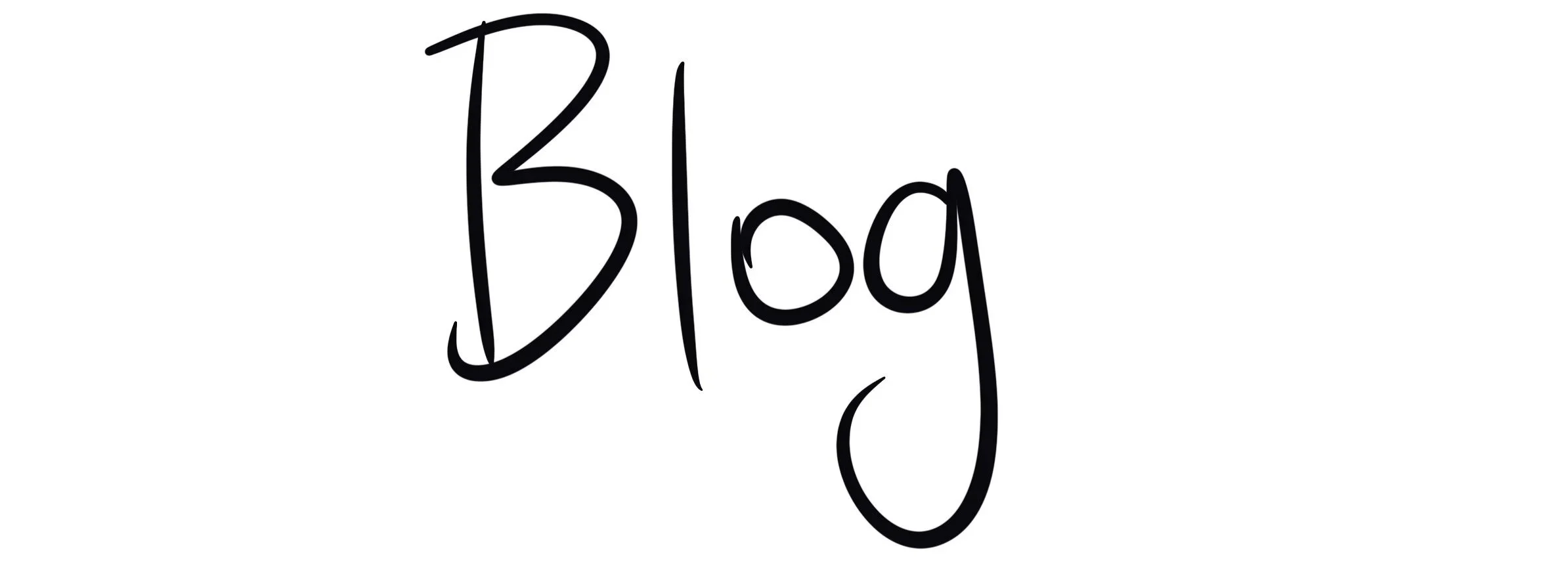
We’re doing some tidying up around here, bringing the archive of blogs into the present day. Sorry the Blog isn’t available right now.
See Lynne’s good stuff on LinkedIn for the time being

We’re doing some tidying up around here, bringing the archive of blogs into the present day. Sorry the Blog isn’t available right now.
See Lynne’s good stuff on LinkedIn for the time being